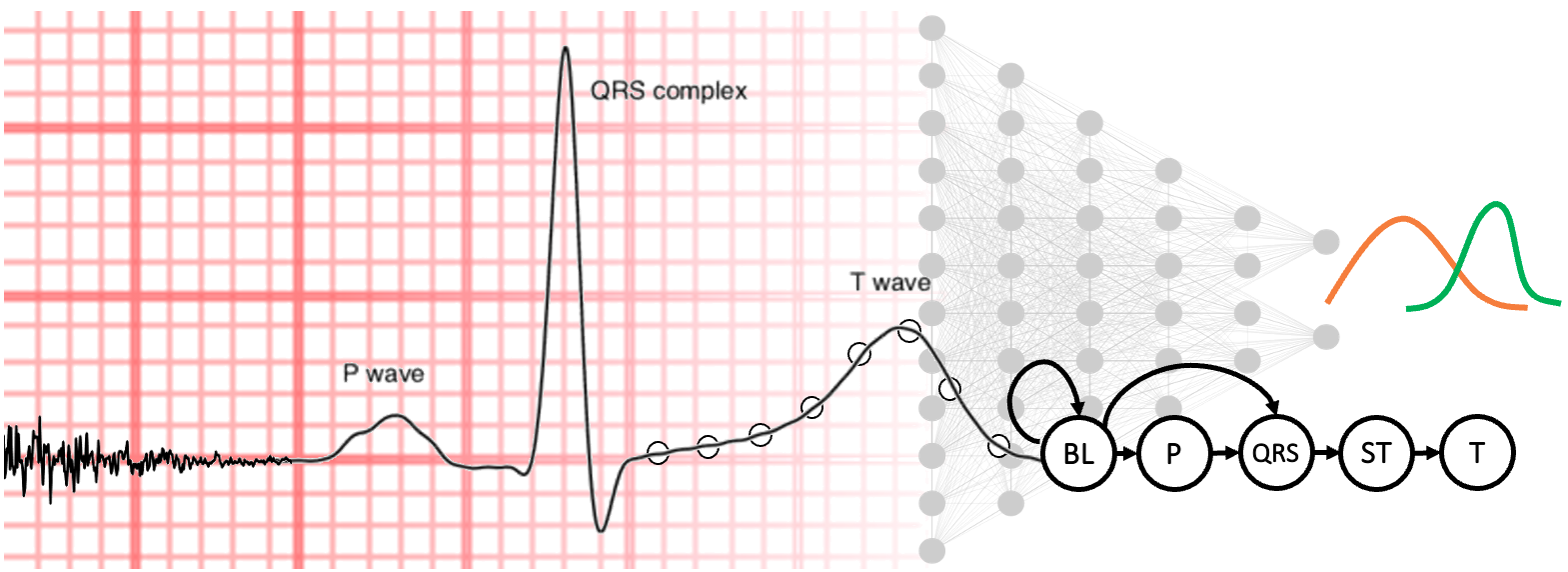 From data to models, algorithms, decisions and beyond….
From data to models, algorithms, decisions and beyond….
The Alphanumerics Research Lab at Emory University and Georgia Tech
Artificial Intelligence (AI) continues to transform many fields, including healthcare, but there are growing concerns that it can carry forward the limitations and historical biases—whether intentional or unintentional—of the people who create and train it, as well as the engineering and regulatory procedures used to validate these technologies. While many research teams use AI, fewer focus on building AI tools that are responsible, reproducible, explainable, and open-access, with careful attention to how data is collected and curated to avoid errors and biases. These issues can often go unnoticed and impact future AI systems.
The Alphanumerics Lab at Emory University and Georgia Tech is dedicated to addressing these challenges by developing cutting-edge biomedical signal processing, machine learning, and AI-driven healthcare solutions. The lab focuses on improving diagnostics in areas such as cardiovascular disease (CVD), maternal-fetal health, psychiatry, and public and global health challenges. By leveraging mobile health (mHealth) technology and cloud-based platforms, our lab seeks to enhance diagnostic capabilities.
The lab’s initiatives include:
- Healthcare Equity and Accessibility: Addressing critical healthcare needs in low-resourced settings by creating scalable, cost-effective solutions for critical healthcare conditions.
- AI and Machine Learning and Signal Processing Innovation: Developing advanced AI, machine learning and signal processing algorithms to improve diagnostic accuracy and provide personalized, real-time healthcare monitoring.
- Multimodal and Noninvasive Monitoring: Integrating data from various sources, such as physiological body sensor recordings and electronic health records, to create comprehensive multimodal monitoring and diagnosis systems.
- Open-Source Tools and Data: Promoting open science through platforms like the Open-Source Electrophysiological Toolbox (OSET) and contributing to public data challenges like the annual PhysioNet Challenges, encouraging global collaboration and accessible research tools.
The overarching goal of the Alphanumerics Lab is to democratize healthcare technologies by making them accessible, scalable, and effective, improving health outcomes globally, especially for underserved populations. Through its research and development innovations, our lab aims to bridge the gap between cutting-edge AI-based diagnostics and the communities that need them most.
The exceptional capabilities of our research team, combined with the resources of Emory University, access to one of the world’s largest and most diverse clinical data warehouses at Emory Healthcare, and the engineering excellence of Georgia Tech’s Biomedical Engineering Department, provide us with a unique opportunity to make significant contributions across multiple domains of biomedical informatics and biomedical engineering.
Our lab is actively engaged in interdisciplinary collaborations, and we are always eager to work with new partners. We also actively recruit graduate students and postdocs from Emory University and Georgia Tech. If you are interested in joining our team, please feel free to contact us.